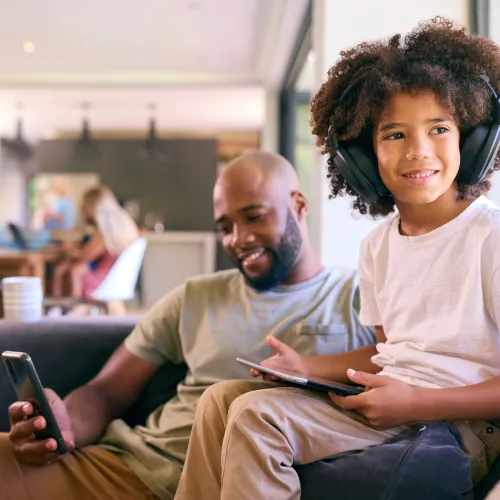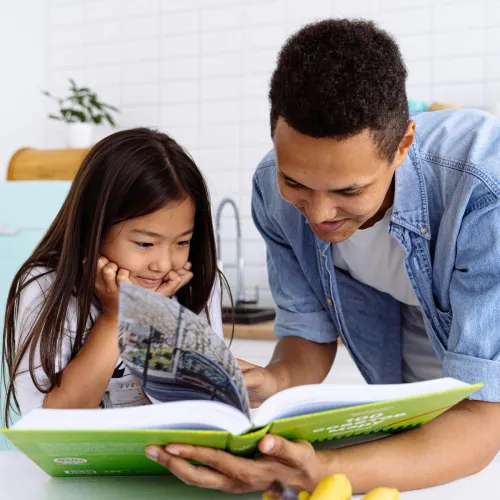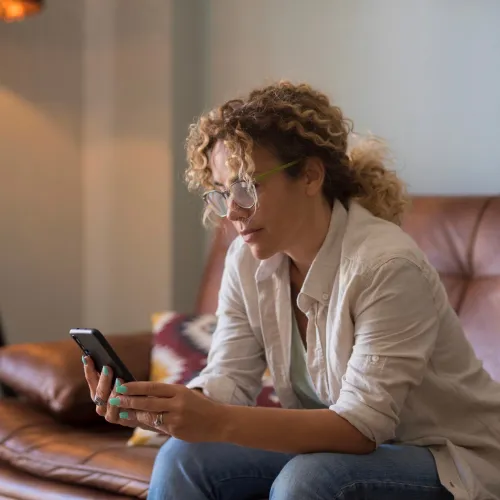OurFamilyWizard Blog
Insights and Advice for Conflict-Free Co-Parenting
Featured

Even before you separate, you can start doing 9 things to smooth the path to separation or divorce.…
Recent

Pets are family too. Learn how co-parents can navigate pet custody with care—for the kids, the pet,…
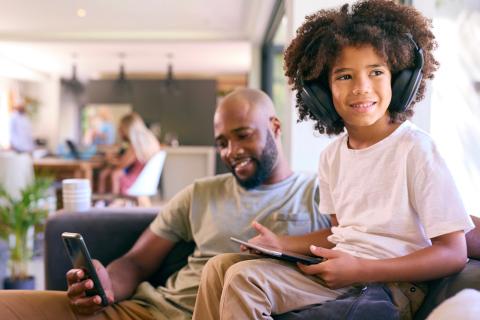
Learn how OurFamilyWizard builds AI tools like ToneMeter AI to help real co-parents reduce…

Sometimes, you absolutely need a divorce lawyer. Other times, you don’t really need a family law…
Mastering your parenting schedule

Using the best co-parenting calendar is essential for preventing conflict after a divorce or…
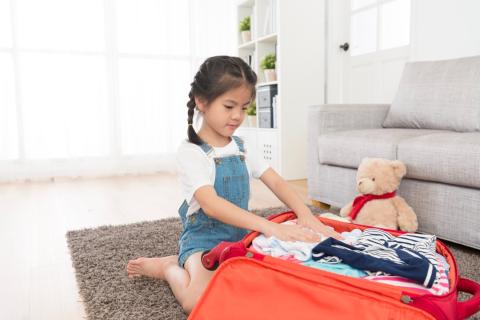
Katharine Rupp, a family law attorney who is also a co-parent, shares ideas for making co-parenting…

For many parents, a parenting schedule is a crucial element of your overall co-parenting…
